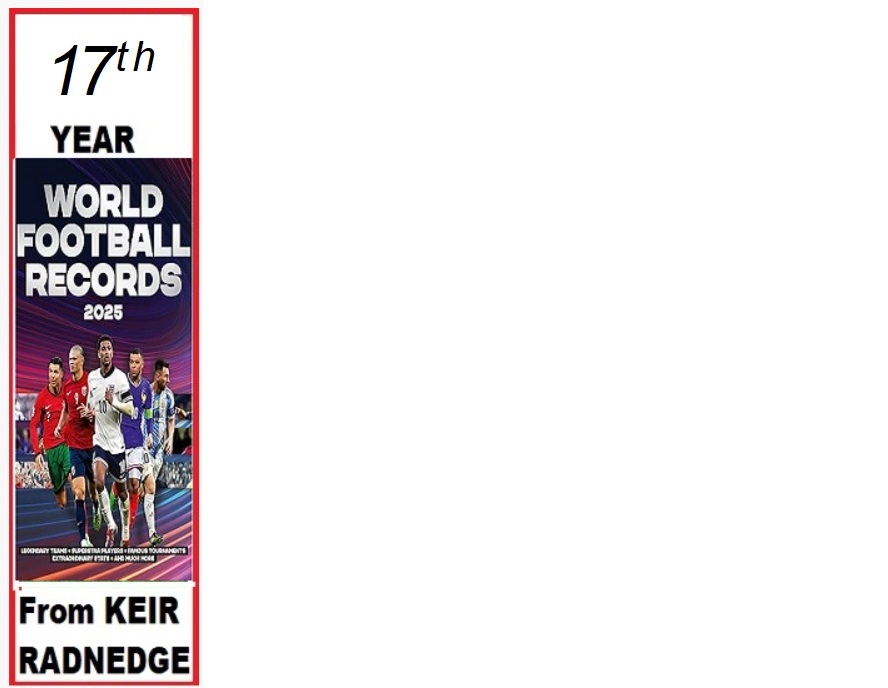The Garcia Report . . . Did FIFA’s chief investigator lose the plot?
KEIR RADNEDGE COMMENTARY —- The Garcia Report is some document. It is a 430-page record of who said what to whom and how much they might have remembered – or would admit to remembering – of those conversations, meetings and email exchanges. However, as a educative analysis of the outcome of the 2018/2022 World Cup bid process it is unsatisfactory.
The clearest sections of the report are those two chunks which deal with the bids undertaken by Russia for 2018 and the United States for 2022.
These were carried out not by Garcia but by Cornel Borbely who was then his deputy ethics investigator (later successor and lately sacked). Garcia, properly, had recused himself from studying his ‘home’ US bid while he was banned from Russia because of previous, unconnected legal work on behalf of the US justice system.
Borbely’s reports relate his interviews with key personnel and the narrative of the progression of the bids. In each case he sets out a formal conclusion, followed by bullet points justifying his assessment and noting any caveats.
Garcia’s report is nothing like as clear. Certainly he was dealing with a fair greater weight of investigatory material with far wider complexity.
The bid narratives for Australia, England, Qatar and South Korea, are all buried beneath the weight of personality interaction. There is no hard ‘conclusion’ in terms of any of the bids.
Further consideration
The right of assessment is left open, presumably for adjudicatory chamber consideration and further internal discussion.
External, media expectations of Garcia’s work appear to have varied greatly from his own perception of the task at hand.
Garcia’s conclusions relate not so much to the conduct of the bids as to the behaviour of the executive committee members and the various consultants who were oiling the works that ran the exco/bidding machinery.
These were the men (all men) against whom the prospect of disciplinary action remained open,
The verbatim transcripts of the conversations between Garcia and Spanish federation president Angel Villar and with the late Argentinian Julio Grondona are both entertaining and revelatory. The exchanges say so much about the self-serving arrogance and assumptions of entitlement common to exco members. They considered themselves above the law.
(Sepp Blatter, then the FIFA president, thought the same. One of his complaints since his own downfall was that he considered the role of the ethics chamber as to judge the conduct of the little people, not the president.)
Yet one wonders whether Garcia’s exchanges with Villar and Grondona have any place in the main body of the report. An appendix, certainly. But by including the conversations in the report Garcia concedes a hostage to conclusive fortune.
The final region of his report – thorough, detailed, forensic as it is – concerns what actions should be taken (or not) by the ethics chamber against individuals.
Garcia also comes under with a task list of recommendations for future World Cup bidding.
Bidding collusion
There is little overall assessment, however, of the inter-relation of the bids, the amount of collusion (England and South Korea; Portugal/Spain and Qatar).
Of course bid committees had long since been disbanded by the time Garcia even arrived at FIFA, never mind finally submitted his report to ethics judge Hans-Joachim Eckert.
Later Eckert produced his summary after FIFA initially refused to publish the full report, partly on grounds of legal concerns that all those interviewed had spoken on the understanding of confidentiality.
Garcia stomped off back to the US, complaining that Eckert had misrepresented his work. In fact, Eckert may be said to have a shown a sharper understanding of what was expected than did Garcia himself.
Also, Garcia may have decided he had better things to do with his professional time than waste any more of it with men whose attitudes he found disagreeable, to say the least.
FIFA’s ultimate enforced retreat into publication of the full report has served only to vindicate Eckert’s summary: to the disappointment of many observers – not only critics of Russia and, especially, Qatar – there is not only no smoking gun, there is not even a water pistol.
That probably suited Blatter, of course. But it was not what the outside world had expected.
#################




